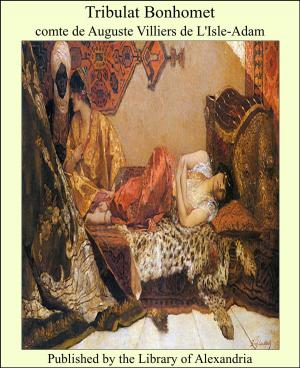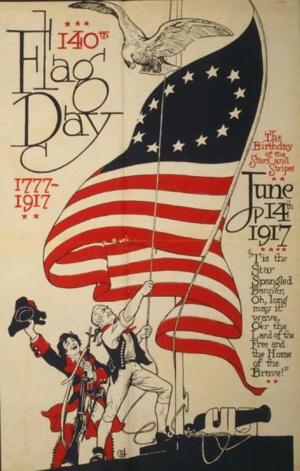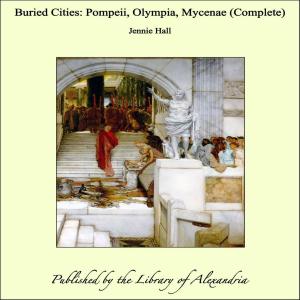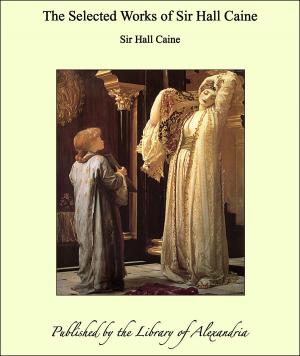The Children of the King
Nonfiction, Religion & Spirituality, New Age, History, Fiction & Literature| Author: | Francis Marion Crawford | ISBN: | 9781465528896 |
| Publisher: | Library of Alexandria | Publication: | March 8, 2015 |
| Imprint: | Language: | English |
| Author: | Francis Marion Crawford |
| ISBN: | 9781465528896 |
| Publisher: | Library of Alexandria |
| Publication: | March 8, 2015 |
| Imprint: | |
| Language: | English |
Lay your course south-east half east from the Campanella. If the weather is what it should be in late summer you will have a fresh breeze on the starboard quarter from ten in the morning till four or five o'clock in the afternoon. Sail straight across the wide gulf of Salerno, and when you are over give the Licosa Point a wide berth, for the water is shallow and there are reefs along shore. Moreover there is no light on Licosa Point, and many a good ship has gone to pieces there in dark winter nights when the surf is rolling in. If the wind holds you may run on to Palinuro in a long day before the evening calm comes on, and the water turns oily and full of pink and green and violet streaks, and the sun settles down in the north-west. Then the big sails will hang like curtains from the long slanting yards, the slack sheets will dip down to the water, the rudder will knock softly against the stern-post as the gentle swell subsides. Then all is of a golden orange colour, then red as wine, then purple as grapes, then violet, then grey, then altogether shadowy as the stars come out—unless it chances that the moon is not yet full, and edges everything with silver on your left hand while the sunset dyes fade slowly to darkness upon your right. Then the men forward will bestir themselves and presently a red glow rises and flickers and paints what it touches, with its own colours. The dry wood crackles and flares on the brick and mortar hearth, and the great kettle is put on. Presently the water boils—in go the long bundles of fine-drawn paste, and everybody collects forward to watch the important operation. Stir it quickly at first. Let it boil till a bit of it is tender under the teeth. In with the coarse salt, and stir again. Up with kettle. Chill it with a quart of cold water from the keg. A hand with the colander and one with the wooden spoon while the milky boiling water is drained off.
Lay your course south-east half east from the Campanella. If the weather is what it should be in late summer you will have a fresh breeze on the starboard quarter from ten in the morning till four or five o'clock in the afternoon. Sail straight across the wide gulf of Salerno, and when you are over give the Licosa Point a wide berth, for the water is shallow and there are reefs along shore. Moreover there is no light on Licosa Point, and many a good ship has gone to pieces there in dark winter nights when the surf is rolling in. If the wind holds you may run on to Palinuro in a long day before the evening calm comes on, and the water turns oily and full of pink and green and violet streaks, and the sun settles down in the north-west. Then the big sails will hang like curtains from the long slanting yards, the slack sheets will dip down to the water, the rudder will knock softly against the stern-post as the gentle swell subsides. Then all is of a golden orange colour, then red as wine, then purple as grapes, then violet, then grey, then altogether shadowy as the stars come out—unless it chances that the moon is not yet full, and edges everything with silver on your left hand while the sunset dyes fade slowly to darkness upon your right. Then the men forward will bestir themselves and presently a red glow rises and flickers and paints what it touches, with its own colours. The dry wood crackles and flares on the brick and mortar hearth, and the great kettle is put on. Presently the water boils—in go the long bundles of fine-drawn paste, and everybody collects forward to watch the important operation. Stir it quickly at first. Let it boil till a bit of it is tender under the teeth. In with the coarse salt, and stir again. Up with kettle. Chill it with a quart of cold water from the keg. A hand with the colander and one with the wooden spoon while the milky boiling water is drained off.















